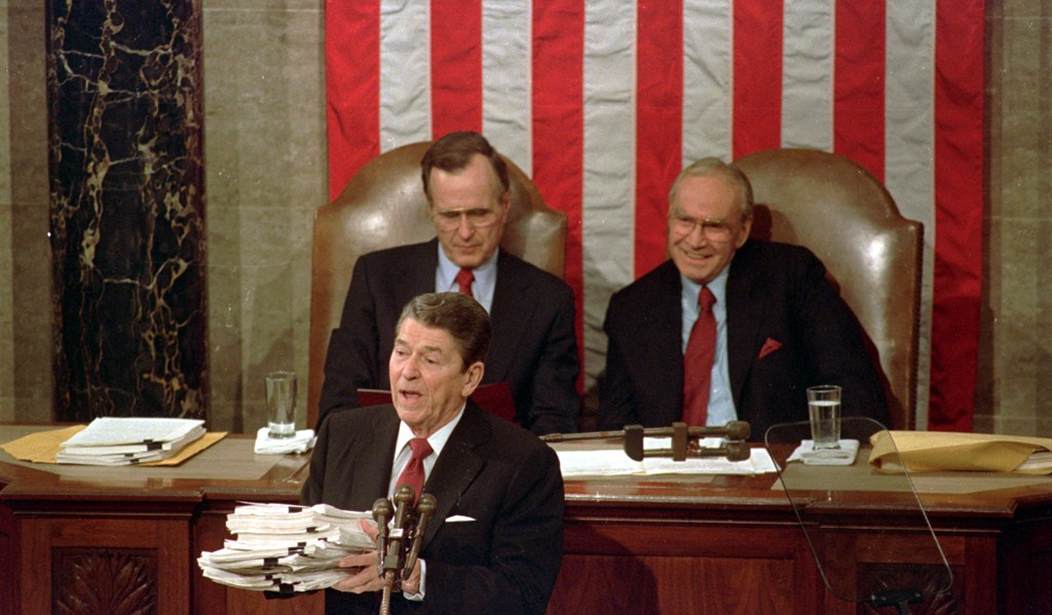“If government planning and welfare had the answer – and they’ve had almost 30 years of it – shouldn’t we expect government to read the score to us once in a while?” asked Ronald Reagan in 1964. “Shouldn’t they be telling us about the decline each year in the number of people needing help?”
It has now been 50 years since Reagan spoke those words, and the government still refuses to “read the score” on the results of their anti-poverty efforts. One quick glance at the statistics and we understand why the government can’t report much success.
New research shows that in the last four years the median income for households of those under 25 fell by 9.6 percent, for Hispanic households by 45 percent, for those headed by single women by around 7 percent, and for those without a college degree by about 8 percent.
What’s more wearisome is that my generation, the generation of a tomorrow that is quickly approaching, is faring badly. Over 6 million Americans 18-24 are in poverty – that’s up from 5.3 million when Obama came into office.
Moreover, real incomes have been declining steadily under Obama’s leadership, the poverty rate has increased every year he has been in the White House, job growth has remained stagnant, and the wealth gap between white families and non-white families have endured more losses in just the last three years.
It has become abundantly clear that we are still losing the War on Poverty that President Lyndon B. Johnson started in 1964. But it’s not for a lack of spending money. We have spent trillions of and poverty is as much of a problem as ever.
The problem is spending more money doesn’t lift up a single mom who receives food stamps. Spending more money in the same failed public schools doesn’t help kids learn. Spending more doesn’t create jobs for college graduates.
Recommended
Despite this harsh reality, Democrats continue to get the War on Poverty wrong. They are insistent that drafting new federal mandates, creating more government programs and spending more money is the answer. With nearly 4 in 5 adults facing economic insecurity, it is fair to say that Democrats have gotten wrong, and it’s time for a new approach.
Combating poverty shouldn’t mean spending more taxpayer dollars, in fact, quite the opposite. It means cutting through the bureaucracy of the 79 separate means-tested government programs to shed light on what works and what doesn’t. It means reconnecting people with communities by incentivizing core family values, fostering better elementary and secondary schools, and democratizing higher education. And most importantly, it means empowering people with tools and skills to reduce government dependency and creating opportunities for all.
“The question before us today – and it demands a serious answer – is how do we get the engines of upward mobility turned back on, so that no one is left out from the promise of America?” said Congressman Paul Ryan.
If we can answer that question then perhaps reading the score on Washington’s anti-poverty efforts will no longer be such a dreary task.

























Join the conversation as a VIP Member